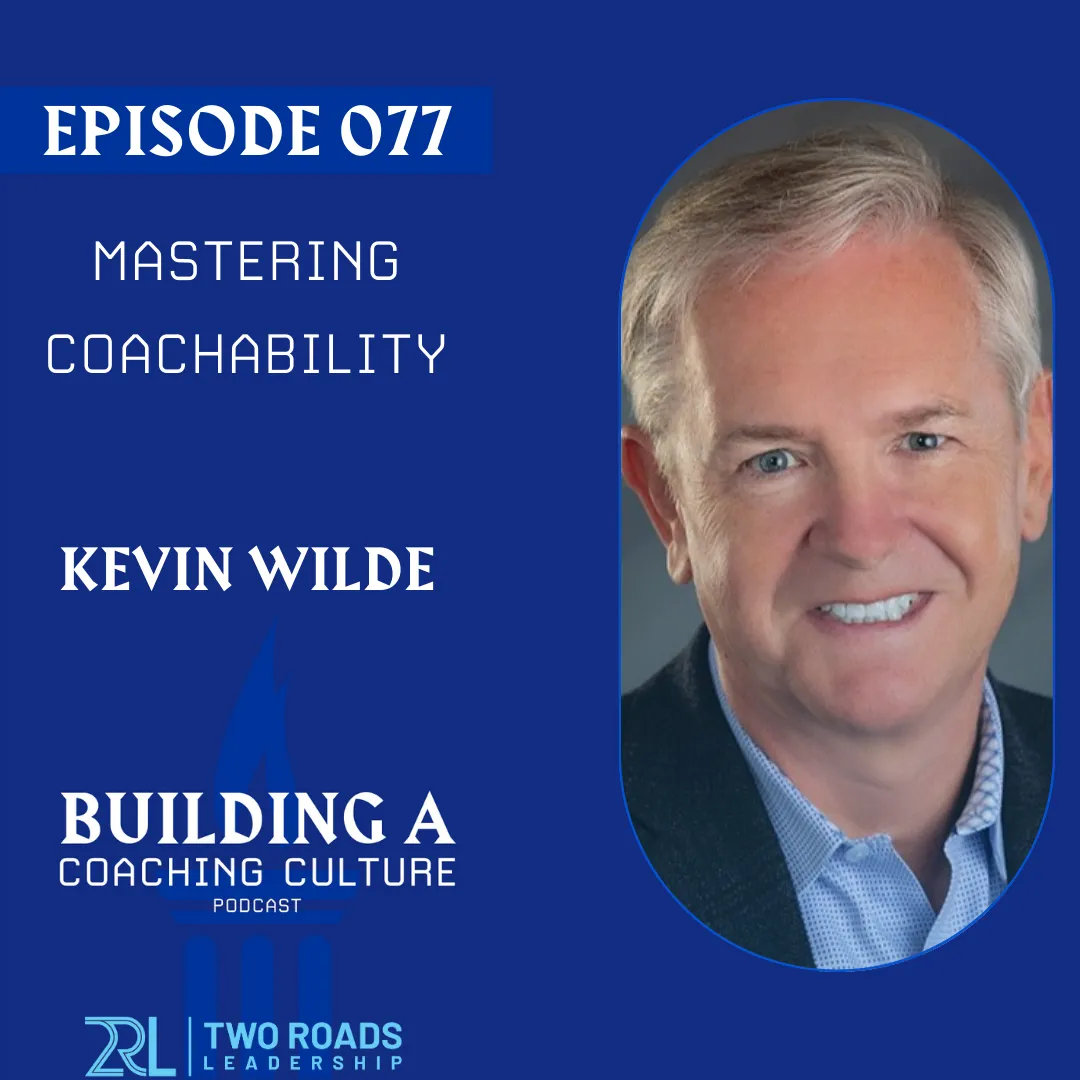How can leaders step out of their own skin to gain perspective and enhance their leadership skills?
In this episode, JR and Lucas Flatter speak with Kevin Wilde, who is an Executive Leadership and Talent Development expert. Today, we delve into the strategies, insights, and real-life experiences of leaders who are committed to creating a culture of growth and development within their organizations. We explore the pivotal element of being coachable as a leader. Furthermore, we will unravel the fascinating findings of various studies, including one focused on the impact of coachability on performance potential and learning agility.
Key Topics:
• Training leaders in mindset and fostering demand for coaching.
• The three steps to improving in areas of importance.
• How to gain a different perspective through personal reflection or feedback from others.
• Discussion on principles, work-life balance, and personal and professional vision.
Get ready to expand your mindset and gain valuable knowledge in this thought-provoking episode. Let's dive in!
Building a Coaching Culture is presented by Two Roads Leadership
Produced, edited, and published by Make More Media
Episode Links
Kevin Wilde
J.R. Flatter
Founder of Two Roads Leadership
Lucas Flatter
Resources
2RL 4 day Coach Certification Bootcamp
2RL ICF-Approved Coach Certifications and Trainings
Book
"The Inevitable" by Kevin Kelly
Transcript
Automatic Transcription - please excuse any errors

